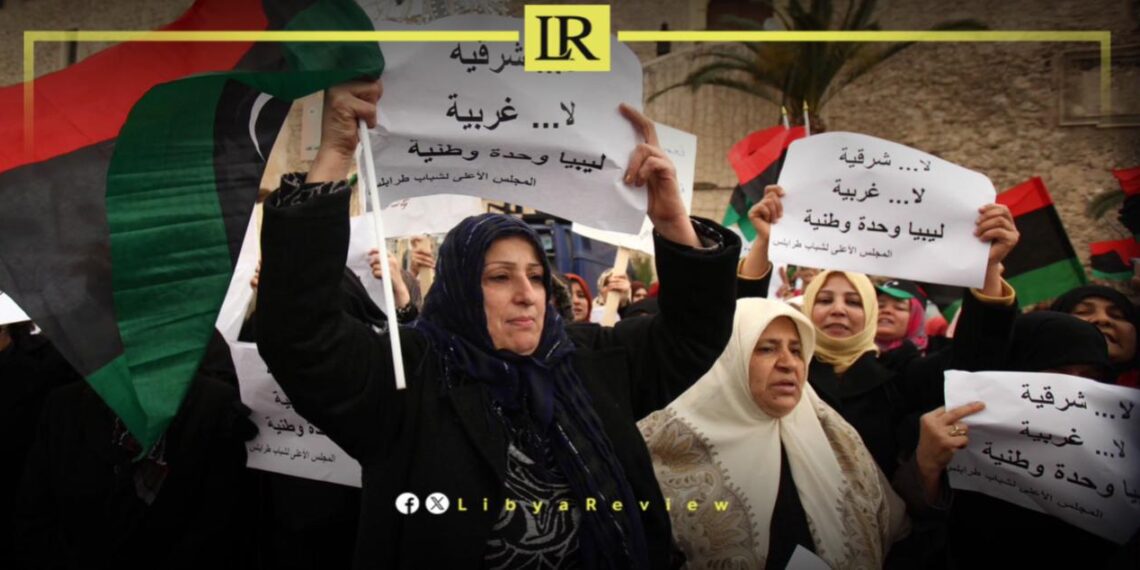According to the Women, Peace, and Security Index by the Georgetown Institute for Women, Peace, and Security and the Peace Research Institute Oslo, Libya ranks at the bottom among Arab nations for women’s safety, placing 122nd out of 177 countries evaluated for the year 2023/2024. The index assesses women’s situations based on 13 indicators across inclusion, justice, and security dimensions.
The ranking sheds light on the challenges faced by women in Libya, emphasizing the urgent need for concerted efforts to enhance their safety and well-being. In Libya, women encounter significant obstacles limiting their involvement in civil, political, and social spheres. These challenges have persisted amid conflicts since the 2011 Arab Spring revolution and the country’s division between rival governments in 2014.
Efforts by the Special Rapporteur on violence against women and girls to address impunity for crimes against women and ensure justice and protection have been hindered by the necessity for safe engagement of victims, civil society, and women’s organizations.
UN Women’s initiatives in Libya focus on promoting women’s political participation and leadership, particularly in post-conflict scenarios. These efforts include enhancing government bodies’ capacity in gender-responsive planning and ensuring women’s access to a fair justice system.
That said, women’s political involvement remains constrained by tribal dynamics favoring men, along with cyberattacks and harassment that discourage their participation in society and political discourse.
Digital violence, such as online harassment, defamation, and threats, is prevalent in Libya, significantly impacting women’s personal and professional lives. A project by the High National Election Commission revealed a notable number of Libyan women experiencing online harassment.
Efforts to foster political inclusion extend to the youth, with initiatives like the Libyan Youth Track and local youth political consultations aiming to incorporate young voices into political dialogues. However, skepticism among youth about the political process persists, with a widespread desire for direct and democratic elections to introduce new political actors into the landscape.


